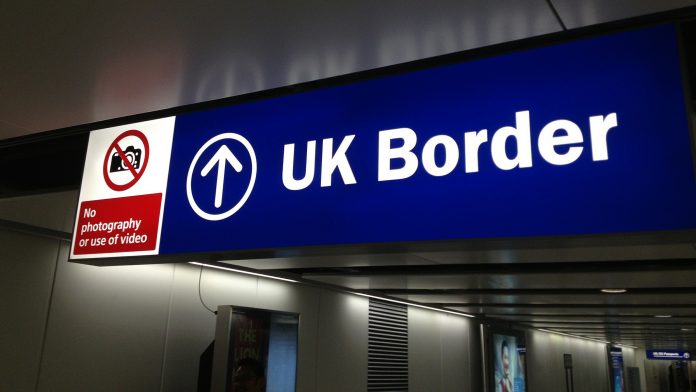UK nationals would be able to enter the EU visa-free for short periods after the country’s exit, provided EU nationals enjoy the same conditions when travelling to the UK.
By unanimity (53 votes) on Tuesday, the Civil Liberties Committee backed rules exempting UK nationals who are British citizens of visa requirements for stays in the EU of up to 90 days in any 180-day period, from the day following the UK’s withdrawal from the EU.
Once the bill is agreed by both co-legislators (Parliament and Council), the United Kingdom would be included in the list of countries whose nationals do not need to request a visa to enter the EU for business, tourism or to visit relatives or friends. The visa exemption does not provide for the right to work in the EU.
No visa waiver without reciprocity
The draft specifically states that the visa waiver will be granted to UK nationals on the basis of reciprocity, i.e. provided that EU nationals are also given visa-free access for short business or tourist trips to the UK if it becomes a non-EU country.
If the UK introduces a visa requirement for nationals of at least one member state, “the reciprocity mechanism foreseen in EU legislation should apply”, says the text. This may lead to visa requirements for UK nationals being reintroduced.
Civil Liberties Committee MEPs also agreed on Tuesday, with 52 votes to 2, to open negotiations with the Council of Ministers. The negotiating mandate will need to be confirmed by the Chamber, during the session starting tomorrow in Brussels. Talks will then begin once the Council adopts its own common position.
The visa waiver will be applicable in all EU member states (except Ireland, which has its own visa policy) and in the Schengen associated countries (Iceland, Liechtenstein, Norway and Switzerland). Ireland and the UK have a specific bilateral arrangement which provides for visa-free travel between both countries.

